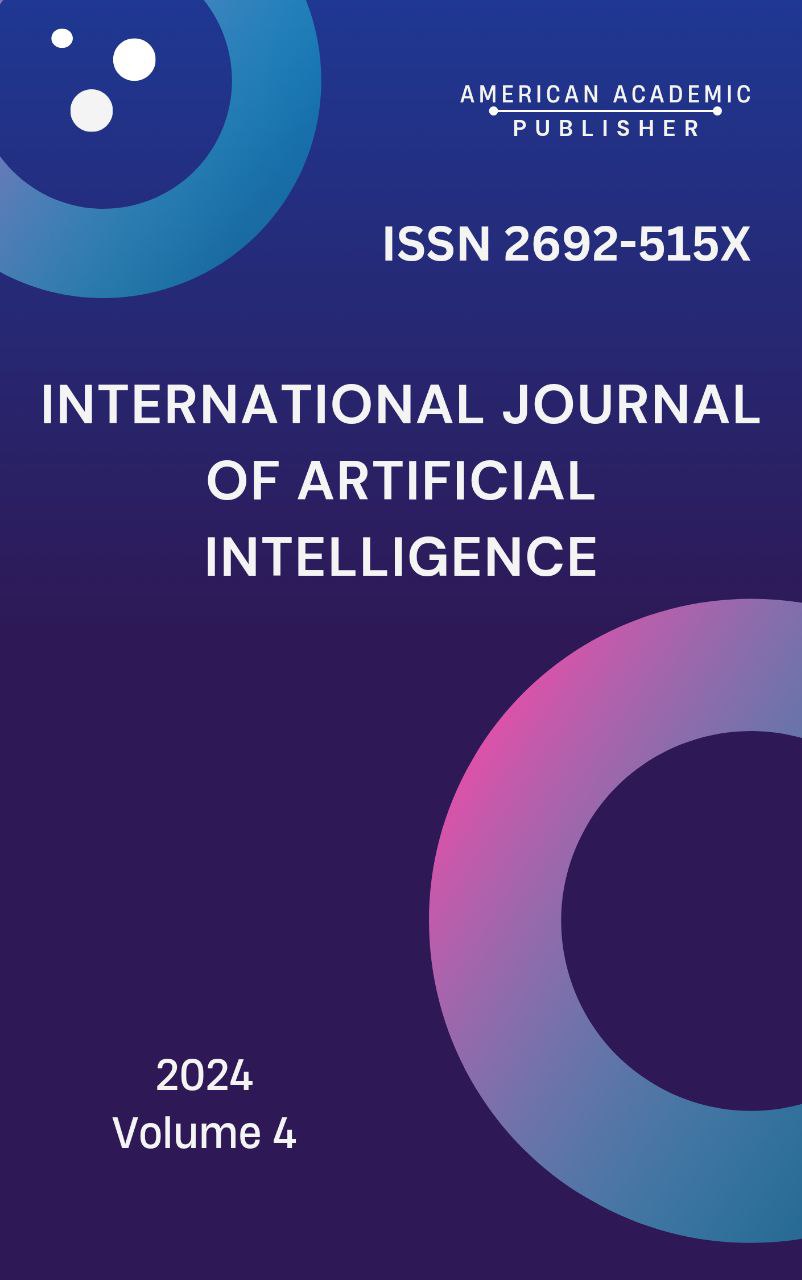 Articles
| Open Access |
Articles
| Open Access | STRATEGIES FOR ENHANCING READING COMPREHENSION AND LANGUAGE COMPETENCE
Mashhura Matyoqubova Baxtiyor kizi , Urgench Ranch University of TechnologyAbstract
Reading comprehension and language competence are fundamental skills essential for academic success and professional communication. This article explores effective strategies to enhance these skills, incorporating cognitive, metacognitive, and linguistic approaches. The discussion includes active reading techniques, vocabulary expansion, and technology-assisted learning. Additionally, the role of motivation and contextual learning is highlighted. The findings suggest that a multifaceted approach significantly improves comprehension and language proficiency.
Keywords
reading comprehension, language competence, active reading, vocabulary development, critical thinking, context clues, skimming and scanning, strategies,summarization,interactive learning,extensive reading, grammar awareness, listening and speaking integration, cognitive strategies,metacognition
References
Beck, I. L., McKeown, M. G., & Kucan, L. (2013). Bringing words to life: Robust vocabulary instruction. Guilford Press.
Chun, D. M., & Plass, J. L. (1996). Effects of multimedia annotations on vocabulary acquisition. The Modern Language Journal, 80(2), 183-1
Daniels, H. (2002). Literature circles: Voice and choice in book clubs and reading groups. Stenhouse Publisher
Fisher, D., & Frey, N. (2012). Close reading and far-reaching classroom discussion. Journal of Adolescent & Adult Literacy, 55(5), 376-387.
Krashen, S. D. (1989). The power of reading: Insights from the research. Libraries Unlimited.
Mayer, R. E. (2009). Multimedia learning. Cambridge University Press.
Nation, I. S. P. (2001). Learning vocabulary in another language. Cambridge University Press.
Article Statistics
Downloads
Copyright License

This work is licensed under a Creative Commons Attribution 4.0 International License.

